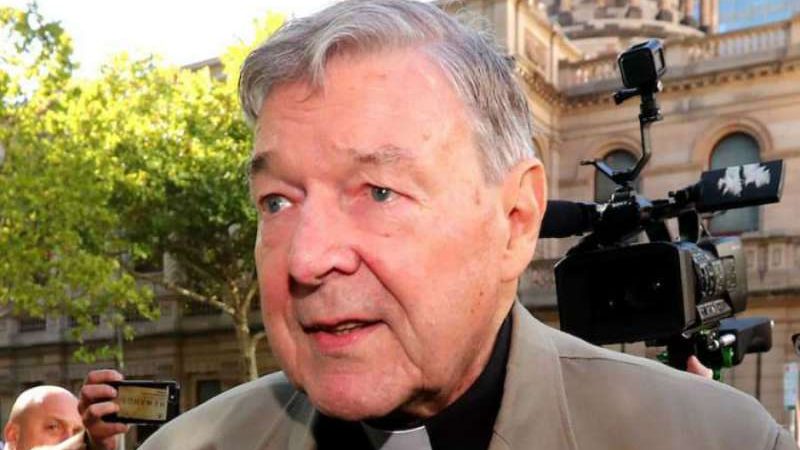The lead prosecutor arguing to sustain the conviction of Cardinal George Pell struggled Thursday in presenting the Crown’s case. Christopher Boyce struggled to answer questions from the three-judge appeal court, accidentally naming the alleged victim on a live stream of proceedings.
Following the conviction of Pell on five counts of sexual abuse of minors last December, judges at the Supreme Court of Victoria have been hearing an appeal against the jury’s unanimous decision. After extensive arguments from the defense on June 5, the prosecution put its case in favor of the decision Thursday.
The prosecution’s case against the appeal centers on upholding the sole witness and alleged victim in the case whom, Boyce insisted, was not a “liar” or a “fantasist,” while conceding that the witness had changed the dates and years of the alleged attacks over the course of the case and no longer agreed with the prosecution’s own assertions.
Boyce repeatedly found himself either struggling to articulate his own argument, or lost for words under judicial questioning, at one point conceding that “It’s not good enough for me to say what I said before,” and that “rehearsing the platitudes may not be all that helpful.”
The prosecutor insisted to the court that the witness, whom he accidentally named, despite his identity being suppressed by the court, had shown he was familiar with the layout and interior of the sacristy of Melbourne’s St. Patrick’s Cathedral, including renovation work underway at the time of the alleged offenses.
The alleged victim was a chorister at the cathedral, and his understanding of the interior was not disputed by the defense, who instead pointed to key witness evidence from Monsignor Charles Portelli, the former master of liturgical ceremonies at the cathedral, who testified that Pell greeted congregants at the west door of the cathedral after Mass, and was in his constant company while vested.
Under questioning from the judges, led by court president Justice Chris Maxwell, Boyce struggled to account for what the judge called the “wildly improbable” circumstances of Pell’s alleged crimes.
Asked how it was possible that a figure of Pell’s stature and visibility could have approached, sequestered and assaulted two boys at the cathedral’s most busy time, Boyce said that the prosecution asserted that the alleged victim’s story was too outlandish to be made up.
“We’ve said somewhat ad nauseam if you are going to make it up… why make it up?” Boyce told the judges.
Boyce also seemed to suggest that the judges would be unable to understand the full context of the evidence of the trial, relying only on video and written accounts of court proceedings.
“Your honors are not in the same position of the jury. You’re just not. I apologize if I’m not being helpful as I might. Generally a trial has a certain kind of … atmosphere to it.”
Pell, who turns 78 this weekend, was present in court. Dressed in a roman collar but without either episcopal ring or pectoral cross, the cardinal was seen to take notes throughout proceedings.
The hearing ended at 4pm local time, with the judges reserving their judgement. There is no established time frame for their decision.

